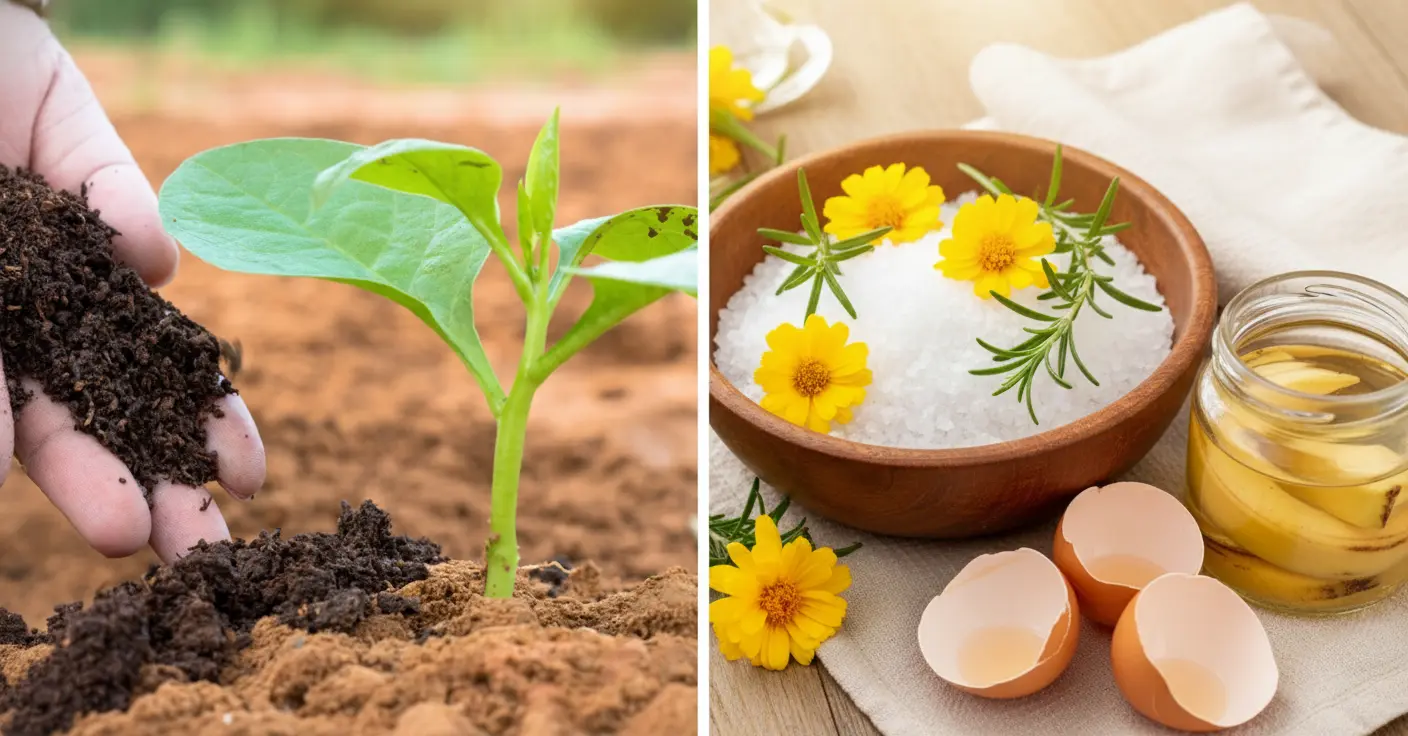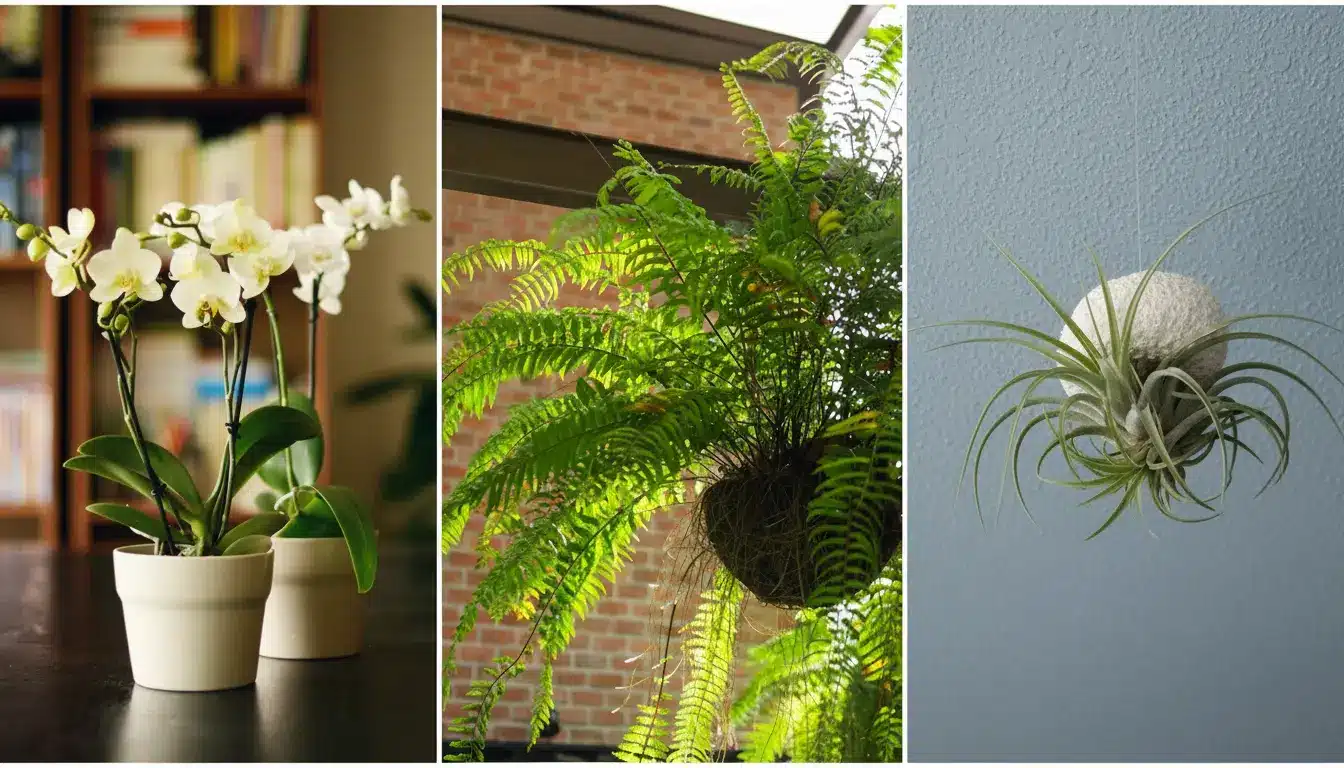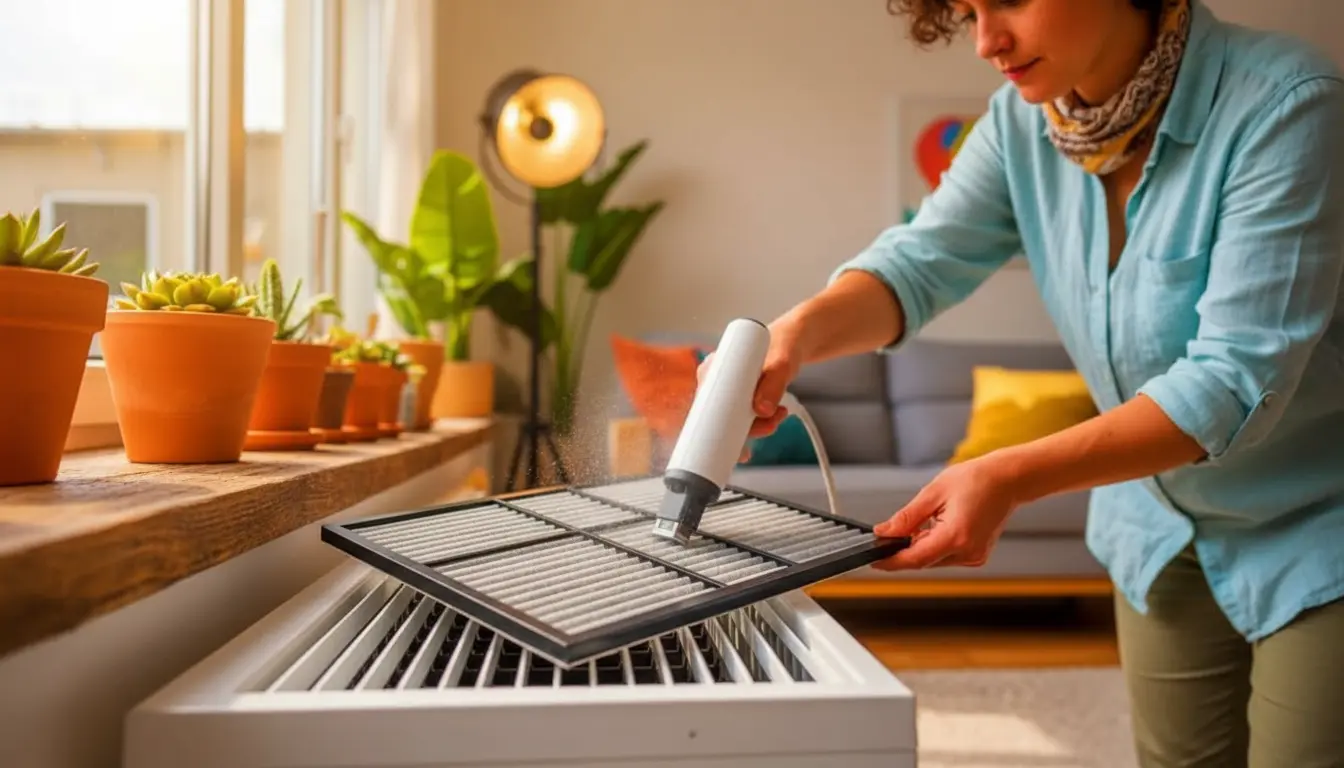Dreaming of a garden bursting with blooms, thriving veggies, and that unmistakable healthy green glow? What if the secret to all this doesn’t lie in a pricey bottle or a mysterious powder, but in the humble leftovers of your kitchen and yard? Give your plants front-row seats to a natural feast with homemade fertilizers that are as ecological and wallet-friendly as they are easy to make. Here are ten homemade fertilizers every gardener should try for healthier, blooming plants—because gardening doesn’t have to be rocket science, and your compost bin might just be a goldmine.
Why Choose Natural Homemade Fertilizers?
- Eco-friendly: Reduce chemical use and protect the environment.
- Economic: Repurpose common household wastes and save money.
- Effective: Provide balanced nutrition for robust plant growth.
By adopting natural methods, taking care of your garden becomes easy—almost child’s play! Not only are you nurturing your plants, but you’re giving your soil the organic nutrients it craves for a thriving ecosystem. Ready to dig in? Here’s how to turn scraps and odds into your garden’s favorite snacks.
The Top 10 Homemade Fertilizers for Your Garden
- Banana Peels: Packed with potassium, phosphorus, and calcium, banana peels are a true superstar for flowering and reproduction. Bury them near your plant’s roots, or let them soak in water for 2 to 3 days. Then spray the infused water on your seedlings and plants—watch them thank you with blooms!
- Eggshells: Crushed eggshells, rich in calcium, work wonders to prevent blossom end rot in tomatoes. Bury them directly in the soil or make a simple spray by boiling twenty shells in 4 liters of water. Use this nutrient-rich solution to strengthen your crops.
- Coffee Grounds: Excellent for raising nitrogen levels and boosting acidity, coffee grounds are especially loved by roses, hydrangeas, and magnolias. Mix around 25% coffee grounds with your soil to enhance fertility and see your plants’ growth take off.
- Epsom Salt: With magnesium and sulfur, Epsom salt is your ticket to healthy tomatoes and roses. Dissolve a tablespoon in 4 liters of water and use it to water seedlings or ease transplant shock. Result: brighter colors and more vigorous growth.
- Grass Clippings: Don’t let that pile of fresh grass go to waste! Place about 25 liters of grass in a container, cover with water, and let it sit for 3 to 5 days. Dilute the infusion before watering your plants. You’ll boost soil nitrogen and recycle garden waste at the same time—a win-win!
- Compost Tea: If you have compost, making your own liquid fertilizer is a breeze. Just soak compost in water for 2 or 3 days, filter, and dilute. This nutrient-rich tea keeps your plants happy during their active growth.
- Vegetable Cooking Water: Stop pouring that precious cooking water down the drain! Once cooled, it’s full of nutrients and minerals. Use it to water your potted plants or vegetable garden—an effortless way to nourish your crops.
- Wood Ash: From your fireplace or wood barbecue, ash is packed with essential minerals for plants. Mix the ash with water and use it as a natural garden fertilizer. Bonus: ashes also keep slugs and snails away and can help protect your shrubs from disease.
- Stinging Nettle Brew: This one’s both fertilizer and natural insecticide. Soak nettles in water for a few days, filter, and dilute. Use the brew to water your plants or to fight off certain pests—Mother Nature’s own defense system.
- Tea Bags: Did you know that tea bags offer carbohydrates that benefit plants? Steep them in water and use the diluted solution to irrigate your flowering plants or boost the growth of your vegetable and fruit trees.
Practical Tips for Greener, Healthier Growth
- Always dilute strong brews before watering, to avoid overfeeding.
- Alternate between fertilizers for balanced nutrition.
- Observe your plants’ response for best results.
- Remember to regularly add organic matter for ongoing soil health.
With these simple, natural tricks, your garden will flourish like never before. Any gardener—from rookie to seasoned green thumb—can turn household waste into a nutrient feast.
Final Thought: Feed Your Plants, Feed the Planet
Homemade fertilizers not only save you money, but they support healthy, balanced growth for your plants and do wonders for the environment. Remember: just like us, plants need a diverse diet to thrive! By reducing your ecological footprint and reusing what you have, you’ll notice your garden bursting with life—and your conscience just might be blooming too. So, next time you peel a banana or brew a cup of coffee, your plants are already waiting for their treat!

John is a curious mind who loves to write about diverse topics. Passionate about sharing his thoughts and perspectives, he enjoys sparking conversations and encouraging discovery. For him, every subject is an invitation to discuss and learn.






